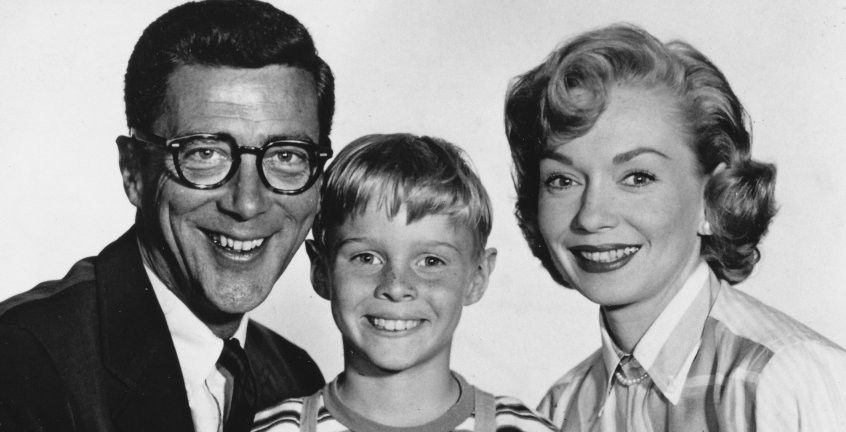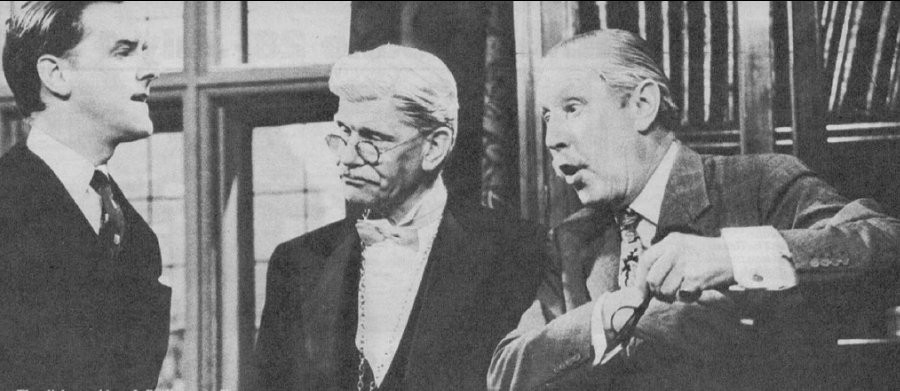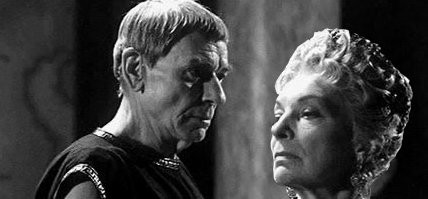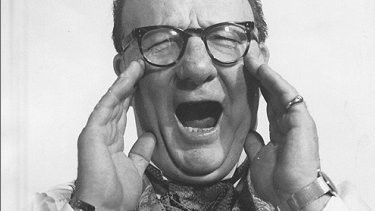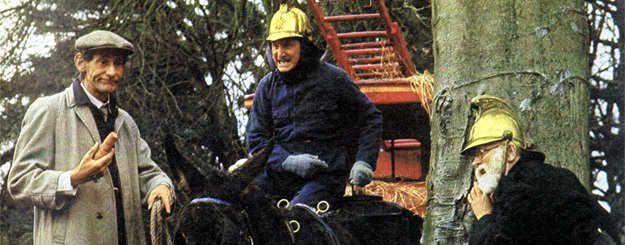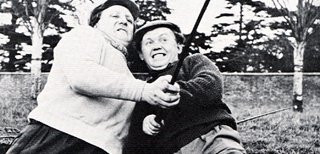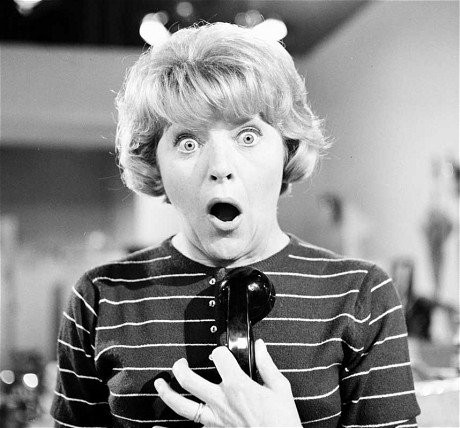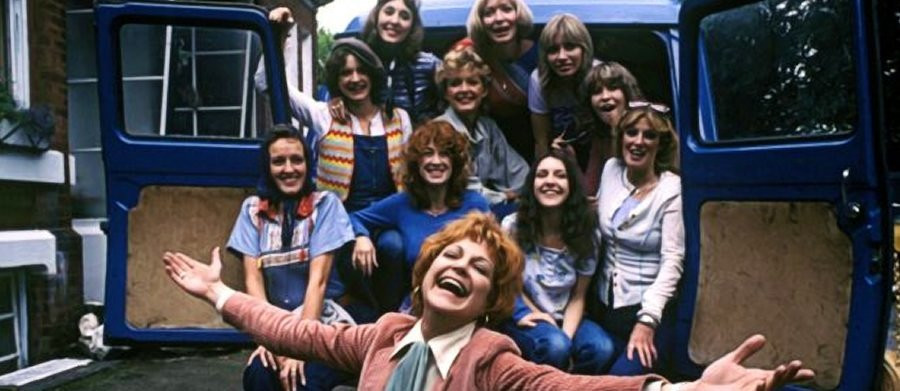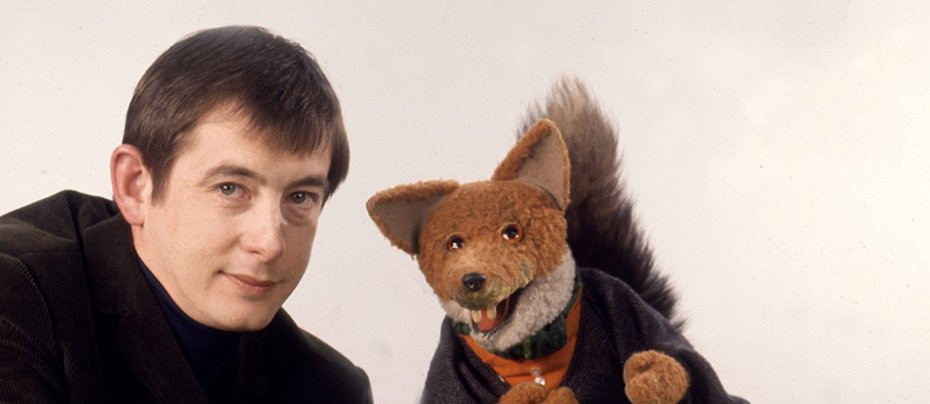
The Basil Brush Show
1968 - United KingdomIn the vast world of television, there are icons that have made a lasting impact on audiences across generations. One such timeless classic is none other than Basil Brush. With his distinctive laugh and mischievous personality, Basil has entertained viewers for over six decades, bringing joy and laughter to millions.
What sets Basil Brush apart from other puppet characters is his unique blend of comedy and charm. He possesses an uncanny ability to connect with his audience, effortlessly engaging them in hilarious banter. It is this interaction that truly sets him apart. Whether he is teasing his co-stars or orchestrating jokes, Basil's impeccable comedic timing leaves viewers in stitches.
He has appeared in various television shows, radio programmes, and even live performances. His enduring popularity can be attributed to the fact that his humour transcends generational boundaries. From grandparents to grandchildren, everyone can appreciate Basil's timeless appeal.
But Basil Brush isn't simply a puppet with a catchphrase (Ha Ha Ha! Boom Boom!!!). He represents a cultural phenomenon that encapsulates a certain era of British entertainment. In a time when innocent humour prevailed, Basil brought laughter to families across the nation. His jokes were innocent yet clever, providing moments of pure escapism from the trials and tribulations of everyday life.
In the mid-1950s, Ivan Owen, then a jobbing actor who had a very modest television career, found work providing voices for a puppet theatre in north London. Through this, he met Peter Firmin, who would later create the sets and props for Oliver Postgate's television series, such as Ivor the Engine. Owen then supplied the voice of Yoo-Hoo, a character in the BBC’s pre-school children’s series Billy Bean and His Funny Machine. In 1959, Owen found himself meeting up with Firmin again on a series of children’s programmes for Independent Television that went out under the umbrella title of Small Time. Together, Owen and Firmin collaborated on an adolescent show called The Three Scampis.
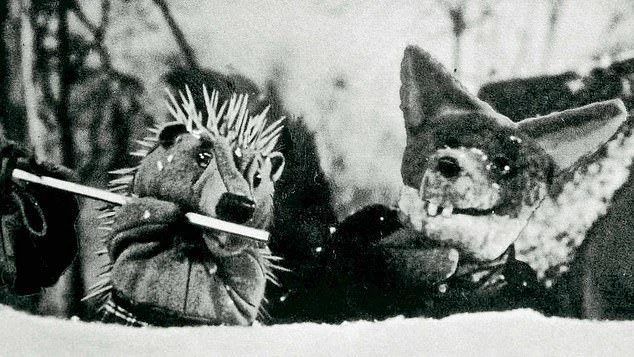
Together, Owen and Firmin came up with the character and appearance of Basil Brush, who made his debut on Rediffusion Television in 1962. The Three Scampis took as its subject three out-of-work circus performers: the real-life Howard Williams as Bert Scampi, Spike McPike – an aggressive Scottish hedgehog, and Basil, a fox who Owen and Firmin based on the comic actor Terry-Thomas, right down to the front gapped teeth and the posh upper-class British accent. It was Owen who came up with the voice. The 15-minute shows were partly scripted, but the performers were just as likely to ad-lib.
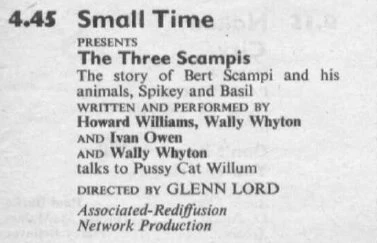
The Three Scampis appeared on and off at various times over the next two years, but the show was not fully networked and many young viewers around the country would have been unaware of it. However, it was quite clear to those who did see it, as well as the BBC’s programme makers, that in Basil Brush there was something a bit special. As a result, the fox jumped channels and was given a regular spot on the magician David Nixon's BBC-TV conjuring show, The Nixon Line and then on Now for Nixon, a show aimed at grown-ups. In no time at all Basil became a national figure and some critics unkindly said that the fox, a mischievous raconteur, was the best thing on the show.
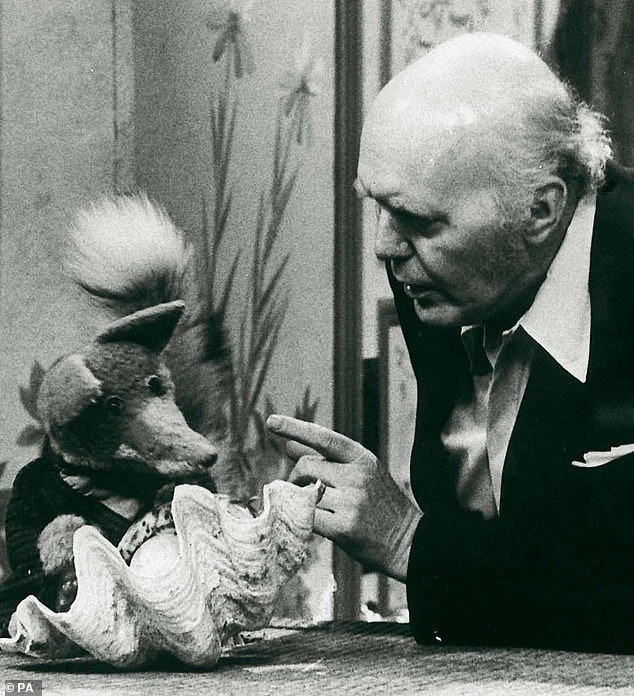
Inevitably, his own show followed in 1968. Broadcast early on a Saturday evening, The Basil Brush Show ran for 12 years, drawing audiences of 13 million. Initially, Basil’s human ‘foil’ who was the long-suffering butt of his dreadful jokes and puns was “Mr Rodney” (The Likely Lads actor Rodney Bewes). He was followed by "Mr Derek" (Derek Fowlds – Yes Minister, Heartbeat) and Roy North. The series was a vital audience puller for the BBC for the much-coveted Saturday Night line-up of shows that they hoped would dominate the ratings.
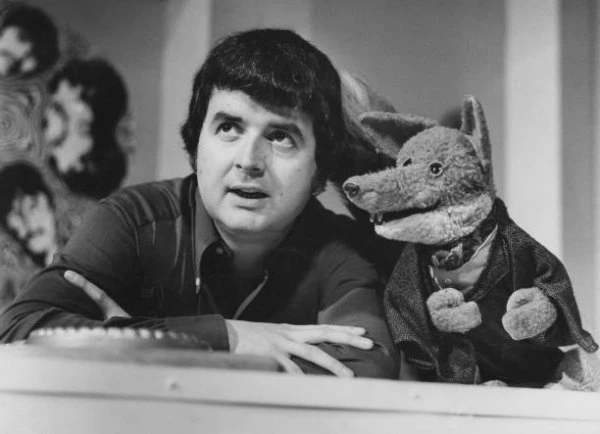
The success of Basil Brush made Owen a millionaire and created an industry around the character. This included stage tours that drew crowds, broke box-office records and filled the Blackpool Opera House. At its peak, Basil Brush could be found on more than 70 products from teacups to wallpaper, and his creation made Owen a rich man with a large house in Surrey and a Rolls-Royce. Despite his success, Owen always closely guarded his relative anonymity, insisting that the integrity of the character was best preserved if it was not generally known who was working the puppet. He even refused to be photographed by the press.
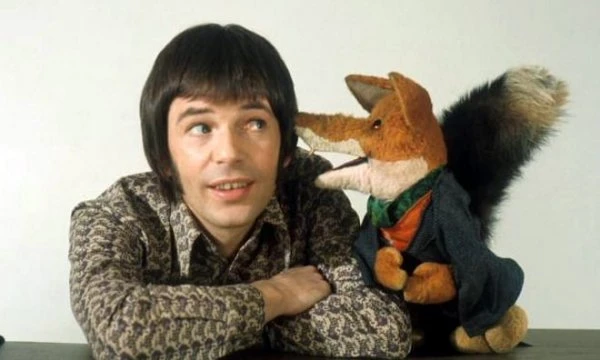
In 1980, a dispute between Ivan Owen and the BBC led to the cancellation of the show. Owen wanted a mid-evening timeslot, which the BBC was unwilling to agree to. In 1982, the puppet reappeared on television in Let’s Read with Basil Brush, an infant schools programme on ITV produced by Granada Television. Basil eventually returned to the BBC as co-host of the long-running children’s television series Crackerjack.
In September 1997, Ivan Owen and Peter Firmin sold the rights to Basil Brush and, arguably, the puppet's golden days were behind him. Owen passed away in 2000, aged 73 years.
Basil Brush is more than just a puppet; he is a beloved figure who has left an indelible mark on generations of viewers. From his first appearance to the present day, Basil's irresistible charm, quick wit, and timeless appeal have made him a true icon of British television. With his ability to transcend age groups and entertain both children and adults, Basil Brush has earned his rightful place in the pantheon of classic children's characters. Boom Boom!!!
Published on September 1st, 2023. Written by Marc Saul for Television Heaven.


